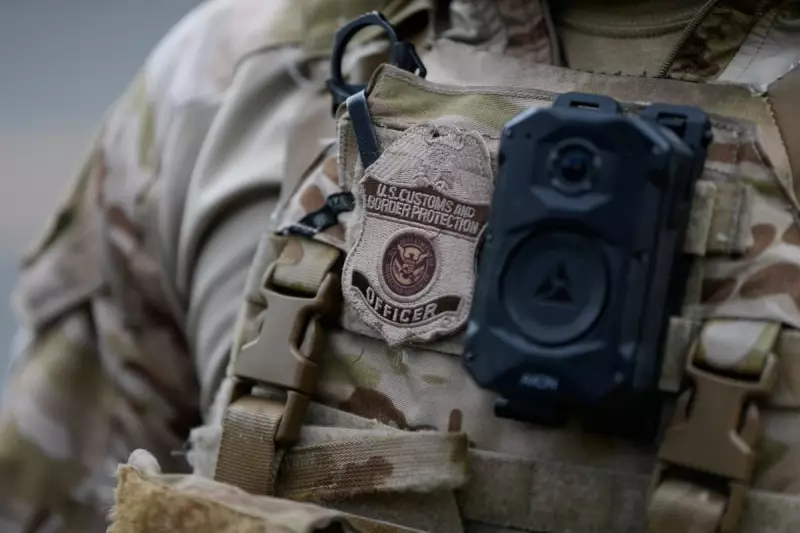
What began as a railway workers' collective in Venezuela's violent prisons has evolved into one of Latin America's most formidable criminal organisations, now spreading its tentacles across continents. The Tren de Aragua gang represents a new breed of transnational threat that has law enforcement agencies worldwide on high alert.
From Prison Roots to Criminal Empire
The gang's origins trace back to Tocorón prison in Aragua state, where it initially formed among railway employees. However, this seemingly innocuous beginning belied the organisation's rapid transformation into a sophisticated criminal enterprise. Today, Tren de Aragua operates with military-like discipline and has diversified its criminal portfolio to include:
- Human trafficking and migrant smuggling operations
- Large-scale drug trafficking networks
- Extortion rackets targeting businesses and communities
- Money laundering through legitimate businesses
- Cybercrime and digital extortion schemes
International Expansion Raises Alarm
Security experts describe Tren de Aragua's expansion strategy as remarkably methodical. The gang has established footholds in multiple countries, exploiting migration routes and weak governance to extend its influence. Their operations now span from Chile and Colombia to more distant locations in Central America and even showing early signs of European penetration.
"This isn't just another street gang - it's a corporation of crime," noted one senior law enforcement official familiar with the organisation. "Their level of organisation and strategic planning rivals some of the most established cartels."
The Challenge for Global Law Enforcement
Authorities face significant hurdles in combating Tren de Aragua's growth. The gang's structure combines hierarchical leadership with cellular operations, making it resilient to law enforcement penetration. Their exploitation of digital communication and cryptocurrency transactions further complicates tracking and prosecution efforts.
International cooperation has intensified as police forces across multiple jurisdictions recognise the threat. Joint task forces and intelligence sharing agreements are being strengthened, but officials acknowledge they're racing against a rapidly adapting adversary.
Human Cost and Social Impact
Behind the organisational charts and law enforcement challenges lies a human tragedy. Communities affected by Tren de Aragua's operations report escalating violence, forced recruitment, and economic devastation. Migrant populations prove particularly vulnerable to the gang's exploitation tactics.
As one security analyst observed, "The story of Tren de Aragua is more than just a crime story - it's a reflection of broader regional instability and the dark side of globalisation. Where states fail, criminal enterprises fill the void."
The continued expansion of this criminal network poses critical questions about international security cooperation and the global community's ability to respond to evolving transnational threats in the 21st century.





